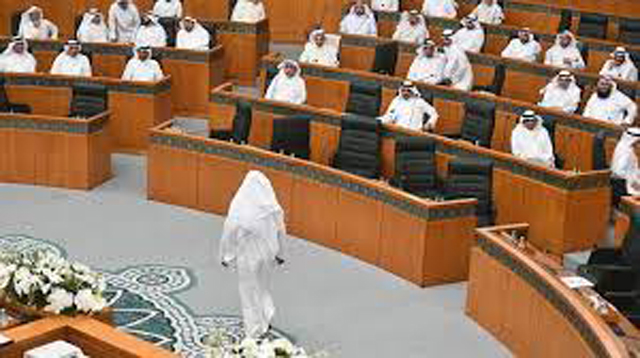
KUWAIT CITY, June 6, 2023 (BSS/AFP) - Voters on Tuesday will head to the polls in Kuwait's seventh legislative election in just over a decade, following repeated political crises that have undermined parliament and stalled reforms.
More than 793,000 eligible voters will have the chance to determine the make-up of the 50-seat legislature in the only Gulf Arab state to have an elected parliament with powers to hold government to account.
Polling centres are expected to open at 8:00 am (0500 GMT) and close 12 hours later, with the results to be announced the following day, the official Kuwait News Agency said.
"My vote is a right and a duty," said Kuwaiti citizen Ibrahim Shehab, urging others to participate despite concerns over voter apathy.
"I hope that all Kuwaitis who are entitled to vote will follow my example to protect democracy," he told AFP.
Kuwait's emir, Nawaf al-Ahmad Al-Sabah, called the vote last month after he had again dissolved parliament amid a persistent deadlock with the executive branch that has deterred investment and impeded growth.
A total of 207 candidates are running for a four-year term as lawmakers, the lowest number in a general election since 1996. They include opposition figures and 13 women.
Despite widespread frustration with the political elite, human rights activist Hadeel Buqrais said it was still important to cast a ballot.
"This is the only place where I have a voice, and boycotting means giving up my right as a citizen," she told AFP ahead of election day.
"I have to participate, even if I do not expect the new parliament to tackle issues" concerning the country's rights record, Buqrais said.
Since Kuwait adopted a parliamentary system in 1962, the legislature has been dissolved around a dozen times.
In March, the constitutional court nullified the results of last year's elections -- in which the opposition had made significant gains -- and ruled that the previous parliament elected in 2020 be reinstated instead.
"Kuwait is not doing well," said Bader Al-Saif, assistant history professor at Kuwait University. "Elections on steroids... is not the only solution."
"The Kuwaiti political system is in dire need for innovation," he told AFP, criticising "failure in leadership in Kuwait's often recycled political class, whether in government or parliament".
While lawmakers are elected, Kuwait's cabinet members are installed by the ruling Al-Sabah family, which maintains a strong grip over political life.
Constant stand-offs between the branches of government have prevented lawmakers from passing economic reforms, while repeated budget deficits and low foreign investment have added to an air of gloom.
Oil-rich Kuwait, which borders Saudi Arabia and Iraq, is home to seven percent of the world's crude reserves. It has little debt and one of the strongest sovereign wealth funds worldwide.
But its lack of stability has scared off investors and dashed hopes of reform in a wealthy country struggling to diversify in similar ways to Gulf powerhouse Saudi Arabia, the United Arab Emirates and Qatar.